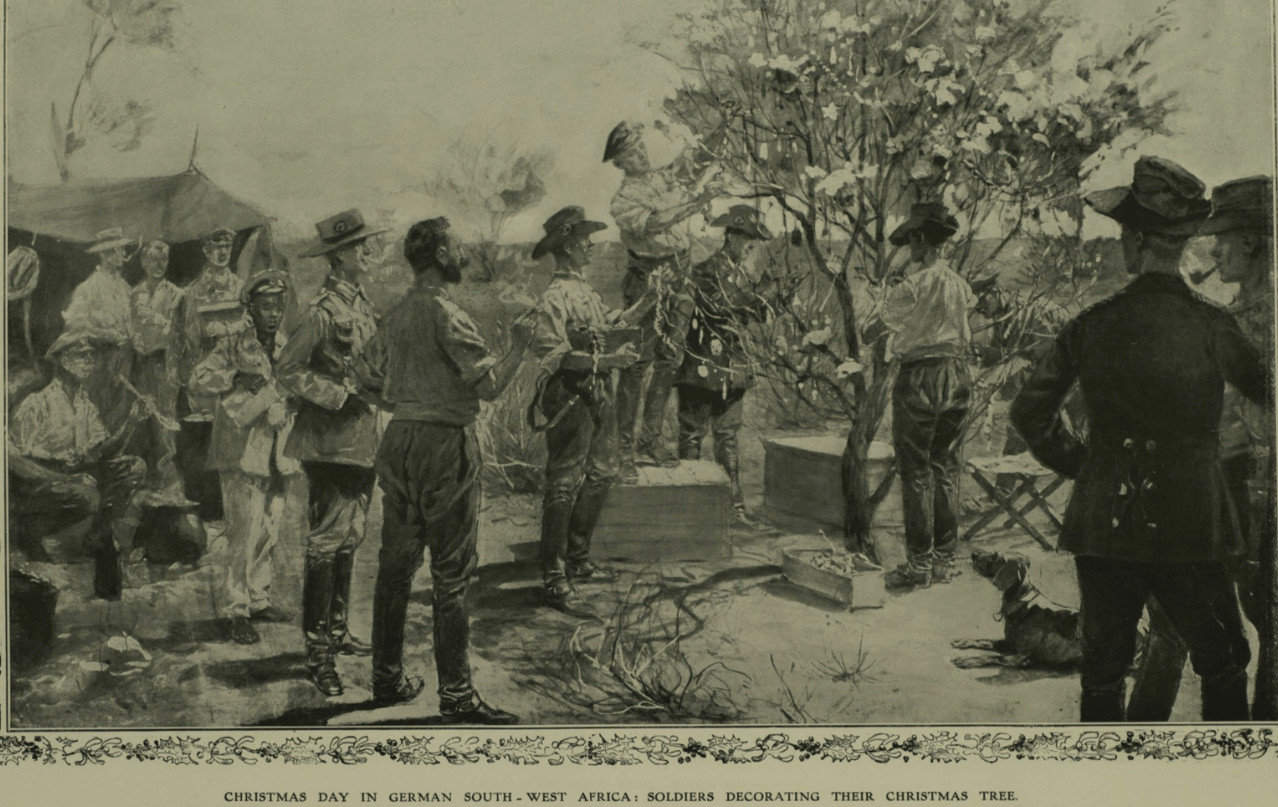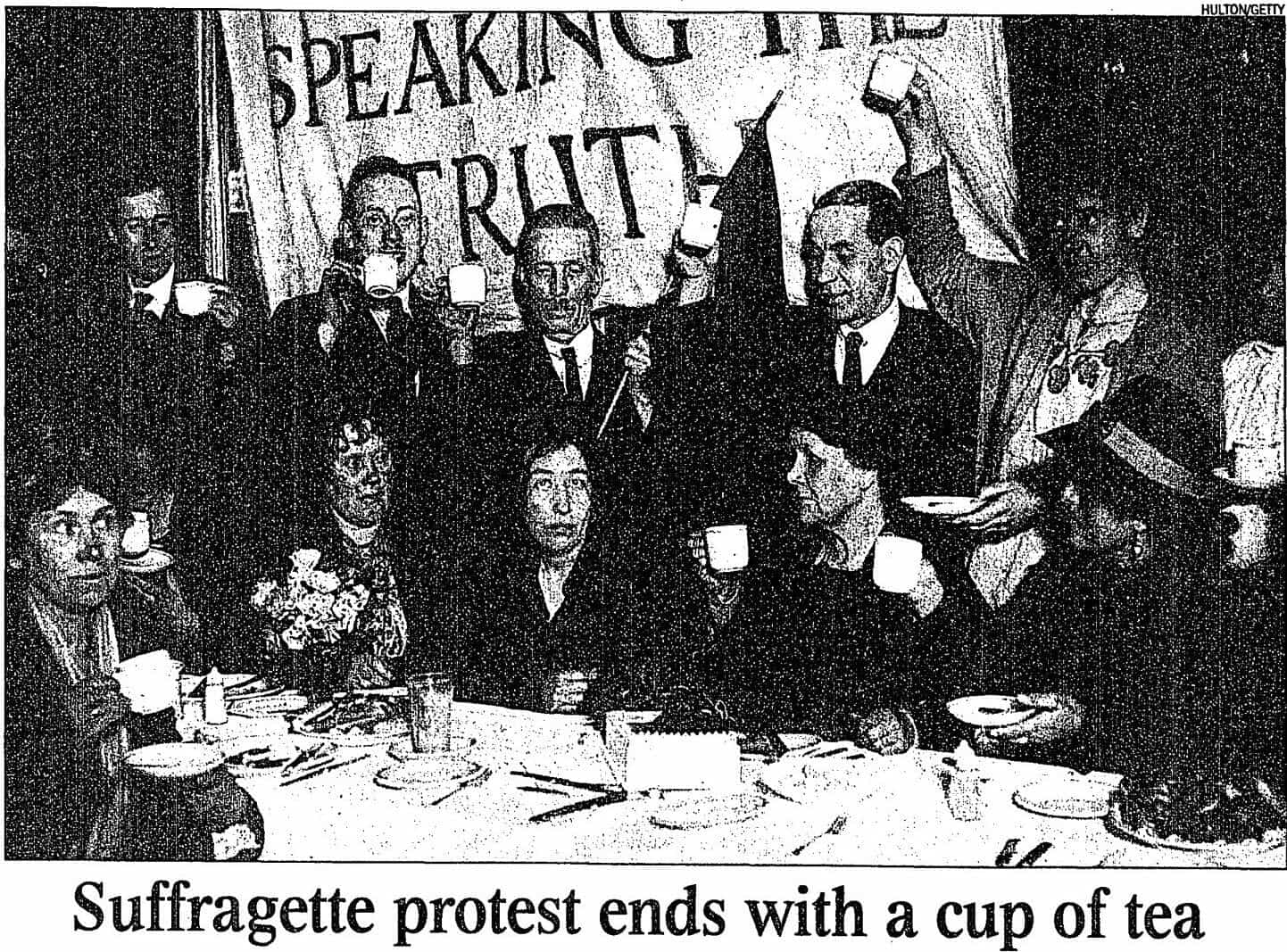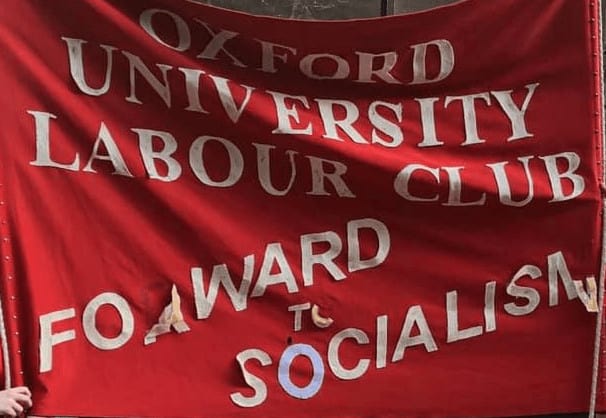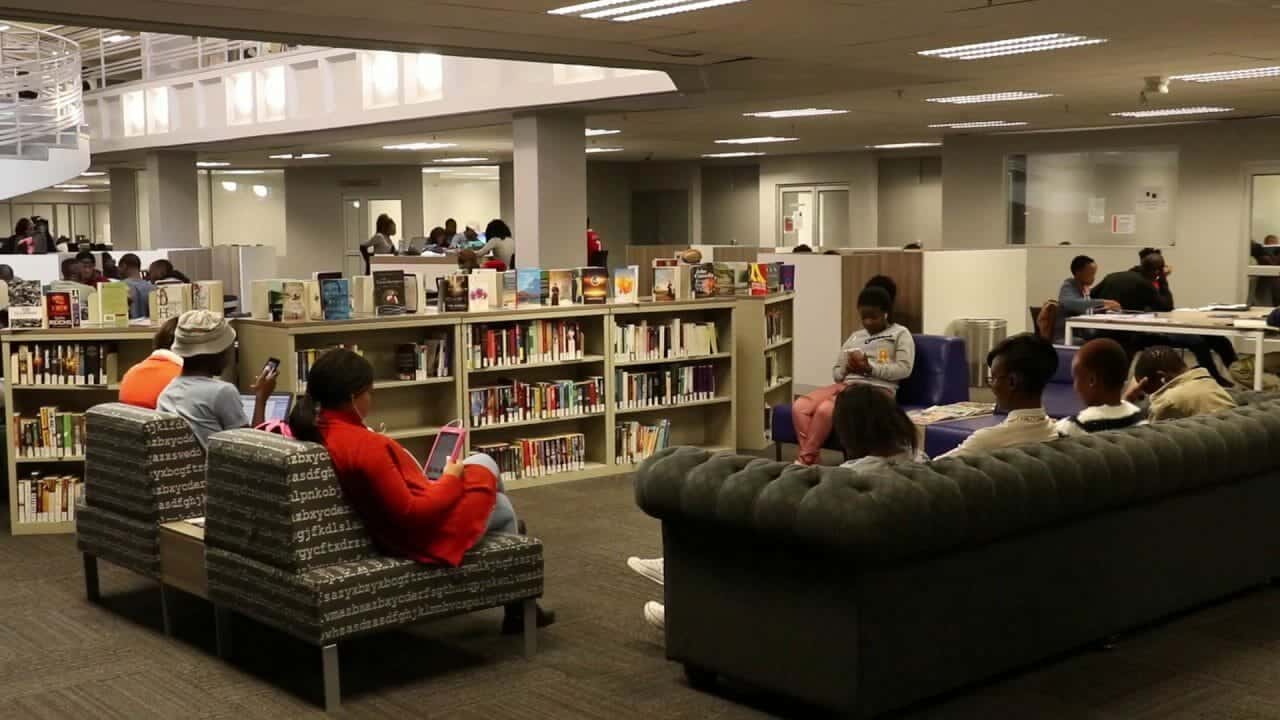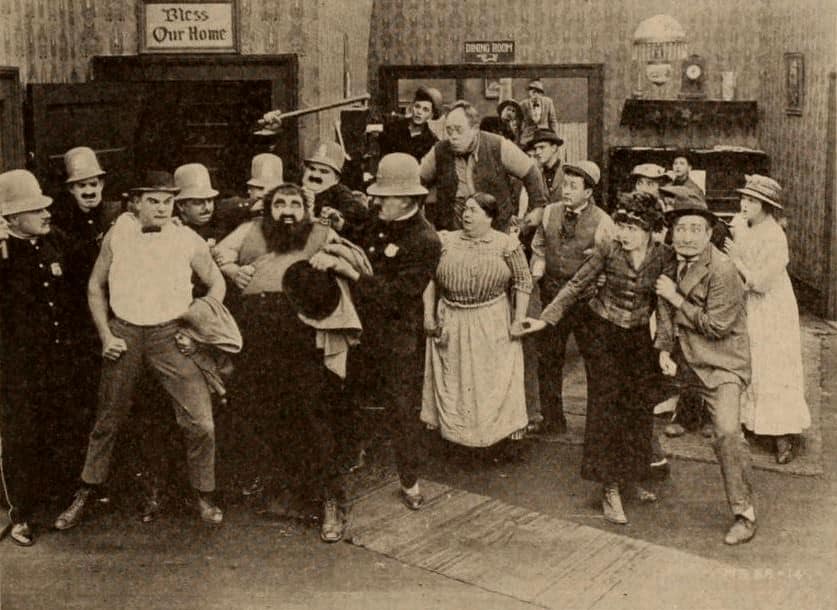| By Meg Ison, Gale Ambassador at the University of Portsmouth |
The longed-for Christmas break ultimately meant one thing for me as an undergraduate student reading French and History at the University of Portsmouth: January deadlines. Bah humbug! This time last year, as a student studying for an MSc in Social Research methods at the University of Southampton, the festive period was just a short break from terrifying lectures on statistical equations and mind-boggling sociological theory. Now I am a PhD student without looming French grammar tests or the self-imposed pressure to become a Master of Science. (You can read about how myself and social research methods are coming to terms with our differences here). Consequently, I am looking forward to a stress-free build up to the 25th December for the first time in years! Despite my newly found freedom, I am no less academically curious over the festive period. As such, I have enjoyed spending time this vacation delving into the Santa’s grotto that is Gale Primary Sources – overflowing with exciting archives, it is undoubtedly a treasure trove for researchers – to find out how Christmas has been celebrated around the world in history.

